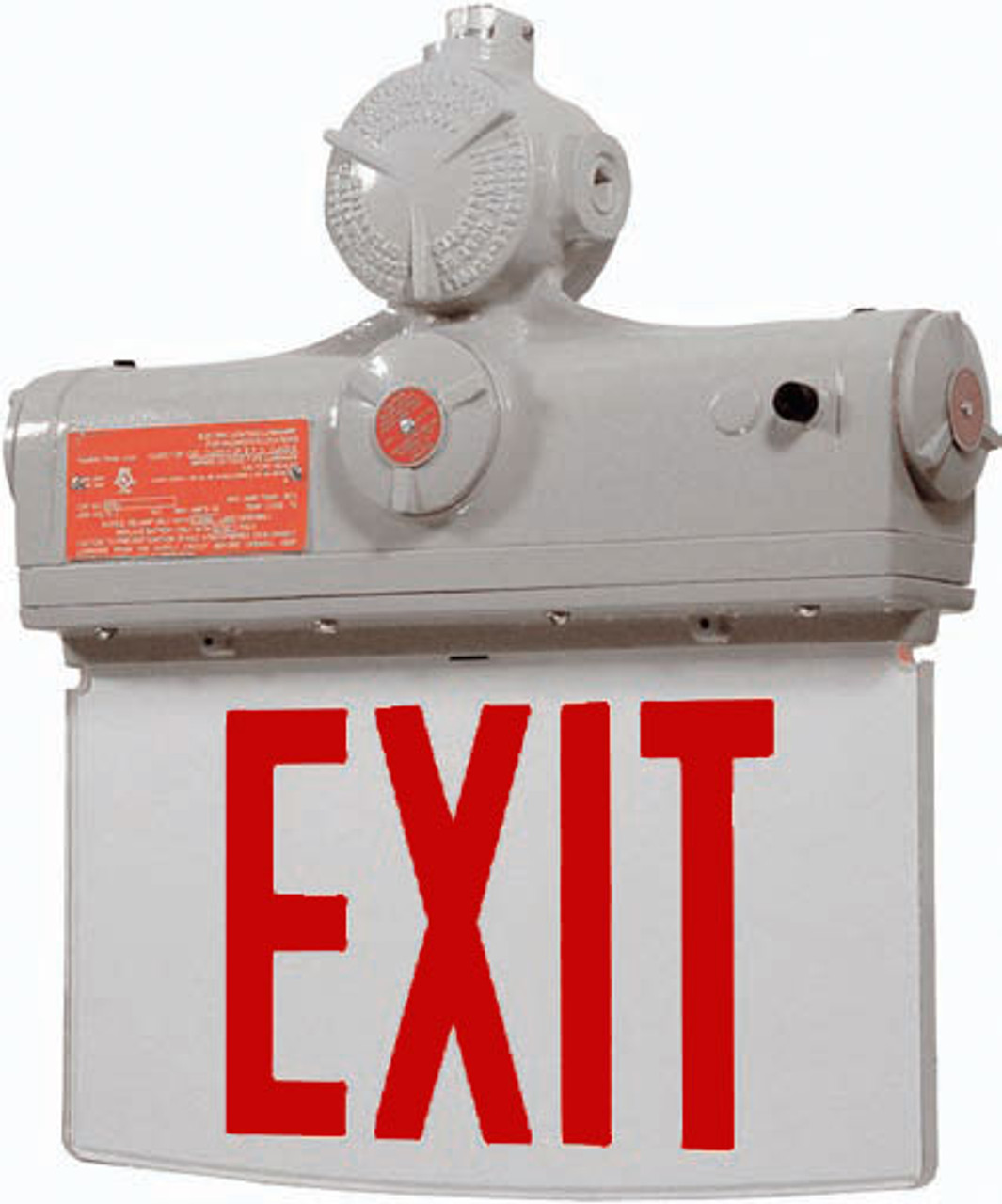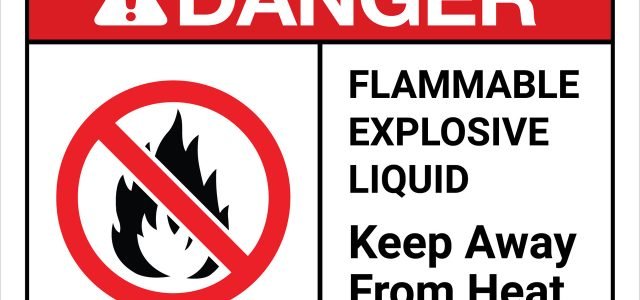Corrosive materials are substances that have the ability to corrode or eat away at other materials through chemical reactions. They are often used in various industries for cleaning, manufacturing, and laboratory purposes. However, one common question that arises is whether corrosive materials are generally flammable. In this article, we will explore this topic and provide a clear understanding of the relationship between corrosive materials and flammability.
Understanding Corrosive Materials
Corrosive materials are known for their ability to cause damage or destruction to other materials they come in contact with. They can be in the form of liquids, gases, or even solids. Some common examples of corrosive materials include sulfuric acid, hydrochloric acid, and sodium hydroxide.
These substances are highly reactive and can damage metals, organic materials, and even living tissues. They achieve this by breaking down the molecular bonds of the materials they interact with, leading to their corrosion or destruction.
Corrosive Materials vs. Flammable Materials
It is important to understand that corrosive materials and flammable materials are two distinct categories. Corrosive materials focus on the ability to cause corrosion or destruction, whereas flammable materials are those that have the potential to burn or ignite when exposed to heat, flame, or sparks.
Some common examples of flammable materials include gasoline, alcohol, and propane. These substances have low flash points, which means they can easily catch fire or explode when exposed to an ignition source.
The Flammability of Corrosive Materials
While corrosive materials can be highly reactive and destructive, they are not typically flammable. Corrosive substances tend to have low or no flammability depending on their chemical composition.
Corrosive materials often contain compounds that do not easily undergo combustion, making them non-flammable. However, it is important to note that this does not mean they can be handled without precautions. Corrosive substances need to be handled carefully due to their ability to cause severe damage to materials and living organisms.
Exceptions To The Rule
Although corrosive materials are generally non-flammable, there are some exceptions to this rule. Some corrosive substances, when combined with certain materials or conditions, can increase the risk of flammability.
For example, nitric acid is a corrosive material that can react with organic materials or metals such as copper, leading to the production of flammable gases. These gases can then ignite when exposed to an ignition source, resulting in a flammable situation.
It is essential to carefully analyze the properties and potential reactions of corrosive materials before working with them to minimize the risk of fire or explosions.

Credit: www.emergencylight.net
Safety Measures for Handling Corrosive Materials
When working with corrosive materials, it is crucial to follow appropriate safety measures to prevent accidents or injuries. Here are some general guidelines to ensure safe handling:
- Wear appropriate personal protective equipment, such as gloves, goggles, and lab coats, to protect yourself from potential contact with corrosive substances.
- Store corrosive materials in designated areas, away from heat sources and incompatible materials.
- Handle them in well-ventilated areas to avoid inhaling any potential fumes.
- Read and understand the safety data sheets (SDS) provided by the manufacturer to gain knowledge about specific hazards and precautions associated with the corrosive materials.
- Use proper containment systems, such as leak-proof containers, to prevent spills or leaks.
By following these safety measures, the risk of accidents or injuries while working with corrosive materials can be significantly reduced.

Credit: www.chromalabel.com
Frequently Asked Questions Of Are Corrosive Materials Generally Flammable? Discover The Explosive Truth
Can Corrosive Materials Catch Fire?
Yes, some corrosive materials can indeed be flammable and have the potential to catch fire under certain conditions.
Which Corrosive Substances Are Flammable?
Some examples of corrosive substances that have flammable properties include strong acids, such as sulfuric acid, and strong bases, such as sodium hydroxide.
What Happens When Corrosive Materials Are Exposed To Heat?
When corrosive materials are exposed to heat, they can undergo chemical reactions that release flammable gases or vapors, increasing the risk of fire.
Are All Corrosive Materials Equally Flammable?
No, not all corrosive materials are equally flammable. The flammability of a corrosive substance depends on its specific chemical properties and how it reacts in different situations.
Conclusion
In conclusion, corrosive materials are generally not flammable but possess the potential to cause severe damage or destruction to other materials. Understanding the properties and potential reactions of corrosive substances is crucial for their safe handling. Always take appropriate safety measures and exercise caution when working with any corrosive materials to minimize the risk of accidents or injuries.

